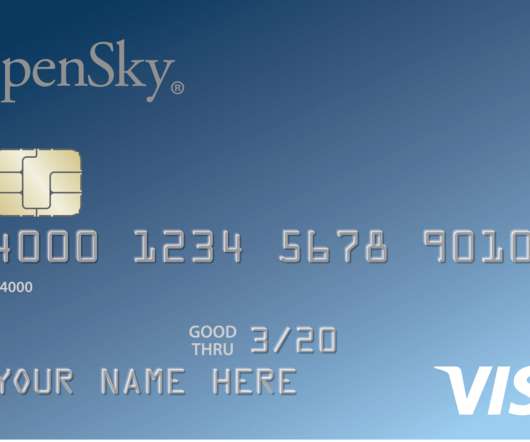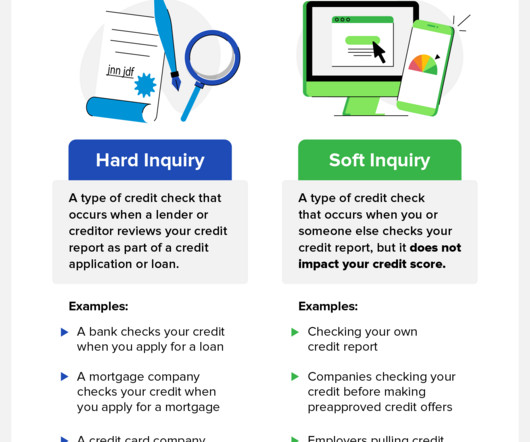Cosigner Responsibilities: When Is a Cosigner Liable for a Debt?
Sawin & Shea
JUNE 7, 2023
Obtaining Personal Loans with a Cosigner Having a co-signer on a personal loan or credit card means that you associate another individual with your debt. Creditors can pursue reimbursement from the co-signer via repossessions, foreclosures, wage garnishment , and other aggressive actions.





























Let's personalize your content